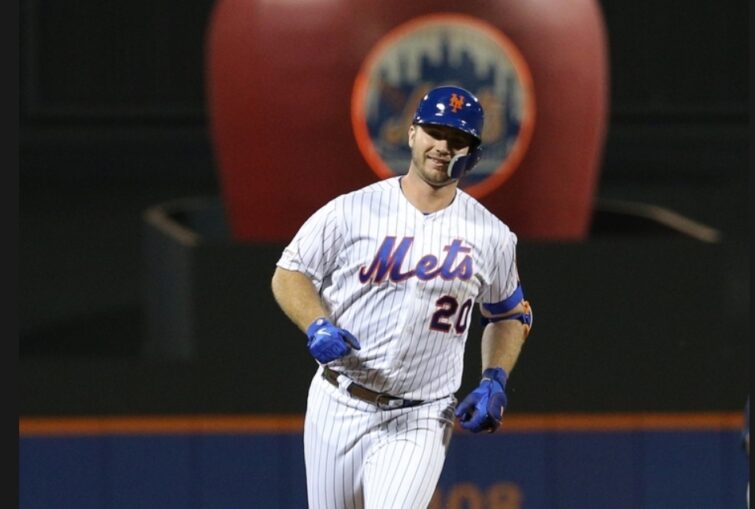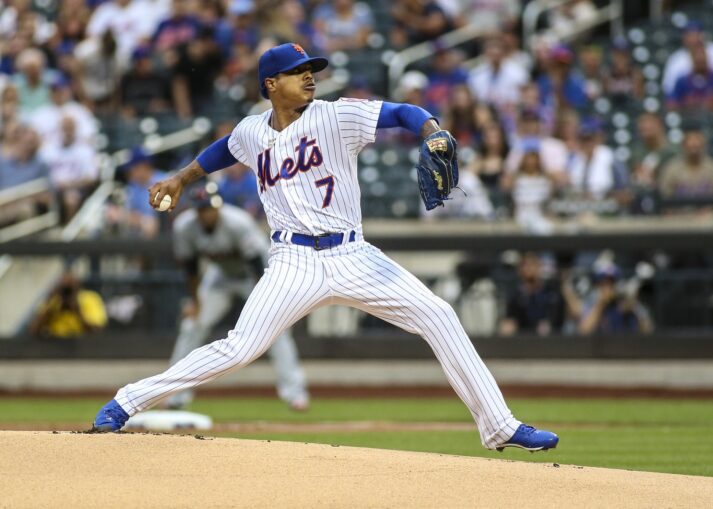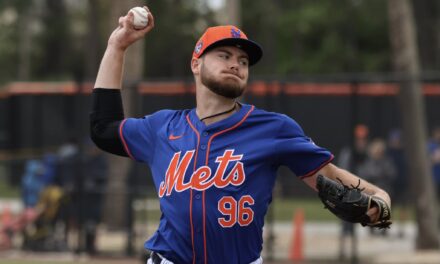
As we all know, the Pandemic has brought major changes to our world in a variety of ways, both presently and for the foreseeable future.
Sports are not immune to this either, and in the case of baseball particularly – the economic effects could have a lasting impact on how big-ticket free agents are paid going forward.
But first let’s make sure that we understand this is not some sympathetic plea about owners going broke because of Covid-19, therefore giving them a “pass” to not sign future top free-agents or try to extend one of their young, controllable stars (cough, Pete Alonso).
Even despite the economic losses that teams will face because of this year, money will need to be spend on adding talent to help their ball club’s improve post Pandemic.
What will change, however, is payroll flexibility coupled with how long a player with a large contract will have to get paid. What am I getting at? You guessed it, the infamous back loaded and/or deferred payment style of contracts.
Unfortunately, these types of deals usually have a negative stigma attached to them ie: “Bobby Bonilla Day”, but considering the circumstances of today’s world, this kind of contract might be the only middle ground for players and teams to both get what they want.
For the players, they would still be able to command the type of compensation that they’d want/deserve, be it over a prolonged period of time most likely stemming way past their playing days with that team.
That is far from ideal from their perspective, but for ownership it would allow for enough flexibility in their payroll to continue building around said player by adding other quality talent around them to try and be a perennial contender.
There are many cases where players who are high in age and taking up much of the teams yearly payroll (looking at you Robinson Cano) and aren’t producing to what their paycheck is, hindering a team from adding around them.
Deferred payments take care of that large obstacle, and allows for big-money players in the twilight of his career more chances to get into the postseason and win.
The other reality of the present situation is this: in order for contracts to continue trending in the immense direction that they have been, players will need to accept that even in some large markets, deferments and back-loading deals are going to become the new norm, at least until revenue goes back to near where it was pre-corona.
With a 2021 strike looming, on top of the current negotiations in which we are polarized in choosing between the wants of the players or the owners, this is a very delicate issue – and both sides will have to come to some sort of understanding.
Owners should to see that large contracts wouldn’t have as massive of yearly payroll burden so they continue to build a winner around that marquee player right away, and possibly at the back end of those deals as well.
If the players can trust that this is to ensure a “winning comes first” mentality by ownership and players will still get their desired compensation, then this is a something that will most likely become the norm for some time.
















